|
1. Identify desired outcome.
Before you make a decision think about what you are aiming to accomplish. Emotional decisions can sometimes be impulsive and not be well thought out, which is why it’s usually a good idea to take a step back to make sure you’re aiming directly at your target. Otherwise, you might end up with an outcome you didn’t intend. 2. Check your facts. I am sure you know this, but humans are emotional creatures. That being said, our feelings and thoughts tend to trick us and distort reality. Perspectives can be biased and thus, without the facts, we may find ourselves making emotional decisions that are based on distorted thoughts and feelings. Who would want that? One way I recommend checking the facts is by writing them down or using a close friend or therapist as a sounding board. 3. Go with your gut. At the end of the day there is something to be said for just going with your intuition. This can be difficult for people who have anxiety disorder or obsessive compulsive disorder. At this point, if you are still struggling with making a better decision flip a coin. Commit to whatever side the coin lands on and move on to the next decision. 1) Accept your feelings.
Remember, you are allowed to have feelings and experience negative emotions. Give yourself permission to feel whatever you are going through. When you judge yourself for feeling upset or sad you are sending your brain the message that those feelings are not ok to have. Considering we can’t control our feelings why judge them at all? Embrace your feelings, allow yourself to have them, and resist placing judgment on yourself. 2) Take responsibility for your part. Maybe you’ve heard of the phrase, “it takes two to tango.” Well, when it comes to relationships and conversations it usually works better when two people are involved. Sometimes however, issues arise, feelings get hurt, and one person or many people feel like they have been harmed. One of the best ways to forgive someone is to take responsibility for your part in the relationship. When we are accountable for our actions, even when we believe we’ve done nothing wrong, we feel more in control and empowered. Building ourselves up like that makes it easier to let go of the past, forgive, and move on. 3) Live in the present, let go of the past. The Buddha once said, “holding on to anger is like grasping a hot coal with the intent of throwing it at someone else; you are the one who gets burned.” I love this quote because it illustrates such a true message. When we are focused on the past, ruminating about what was said or done, we are only hurting ourselves. Be mindful of the here and now. The past is gone, the future doesn’t exist, all we have is the present moment. Cherish it. |

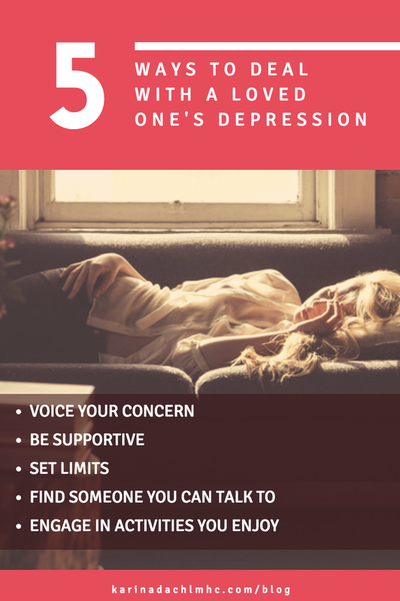
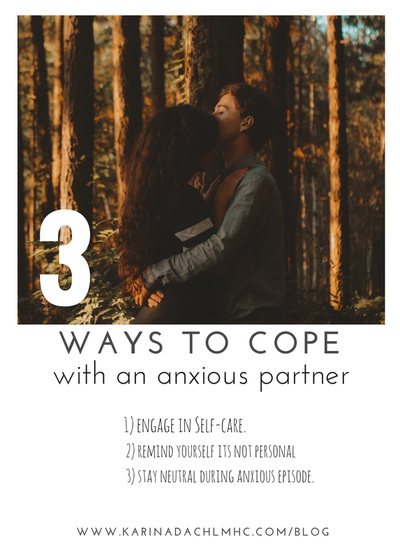
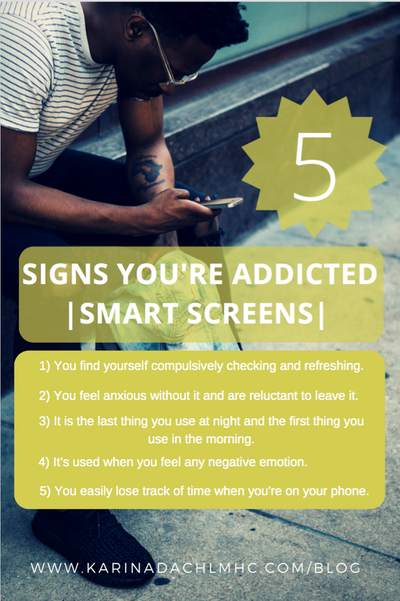
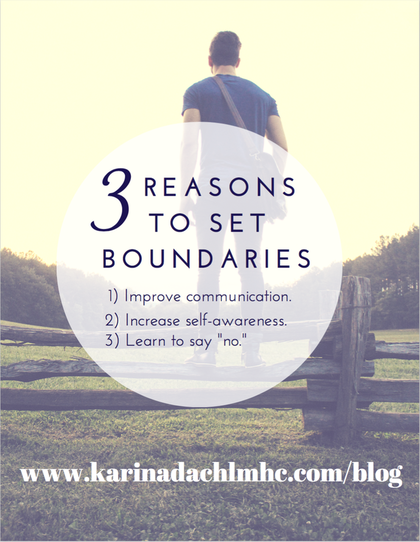
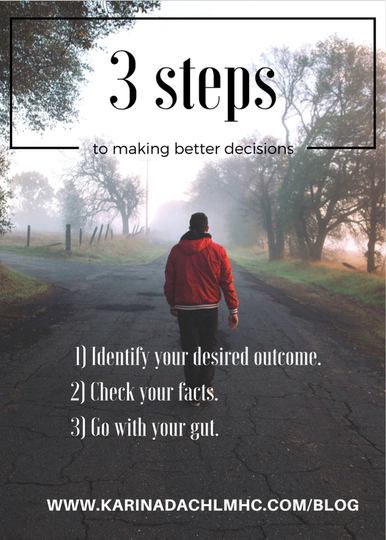
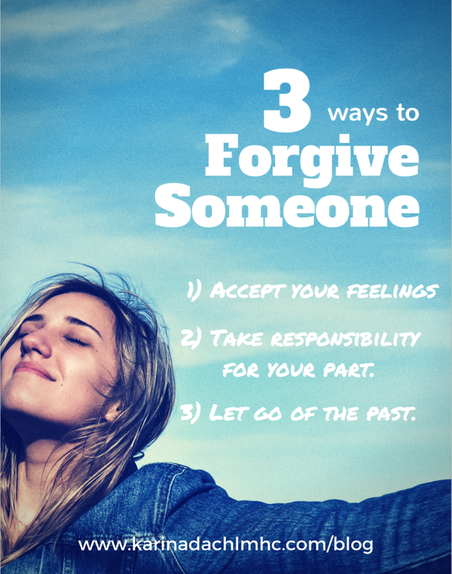
 RSS Feed
RSS Feed
